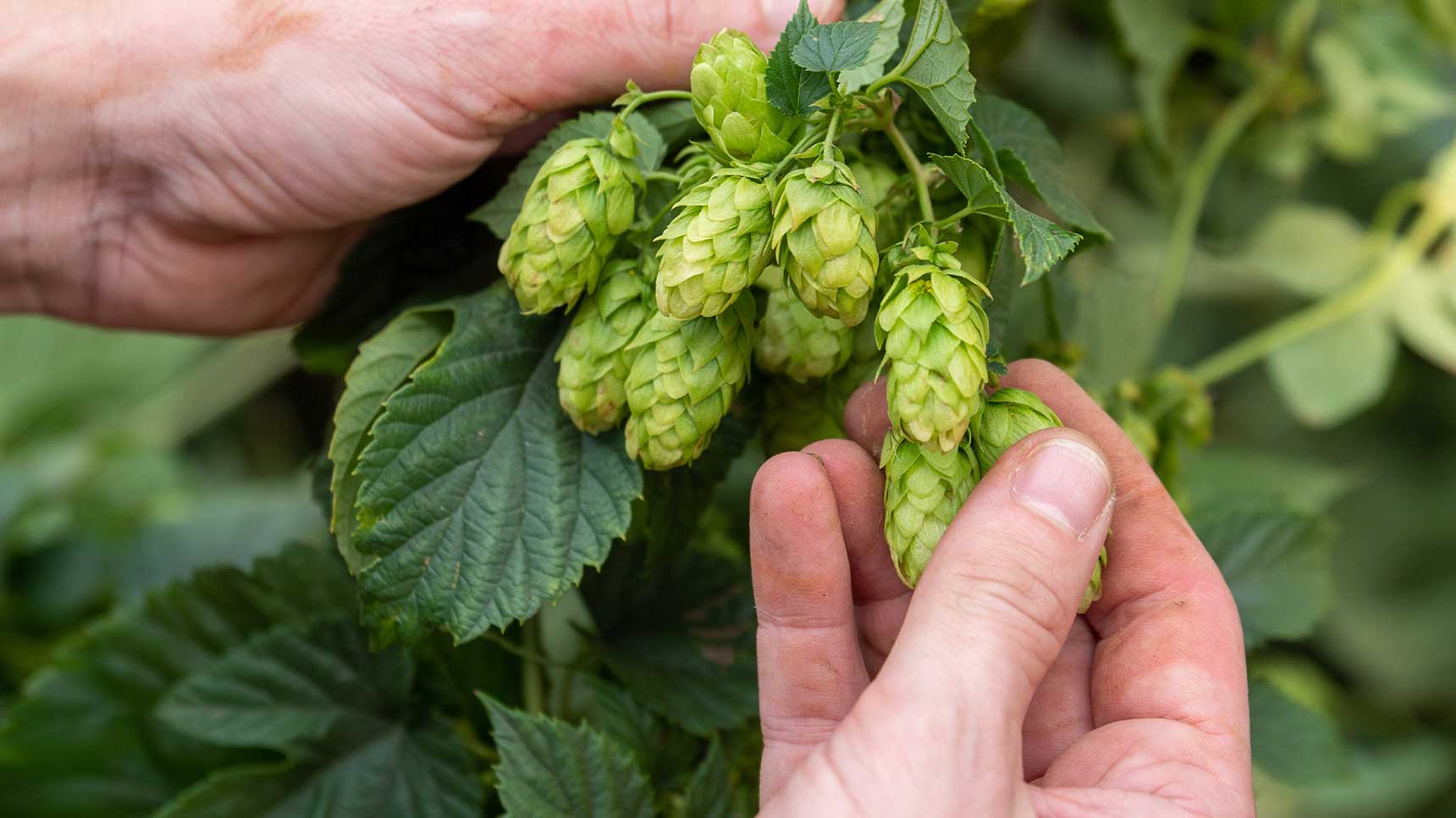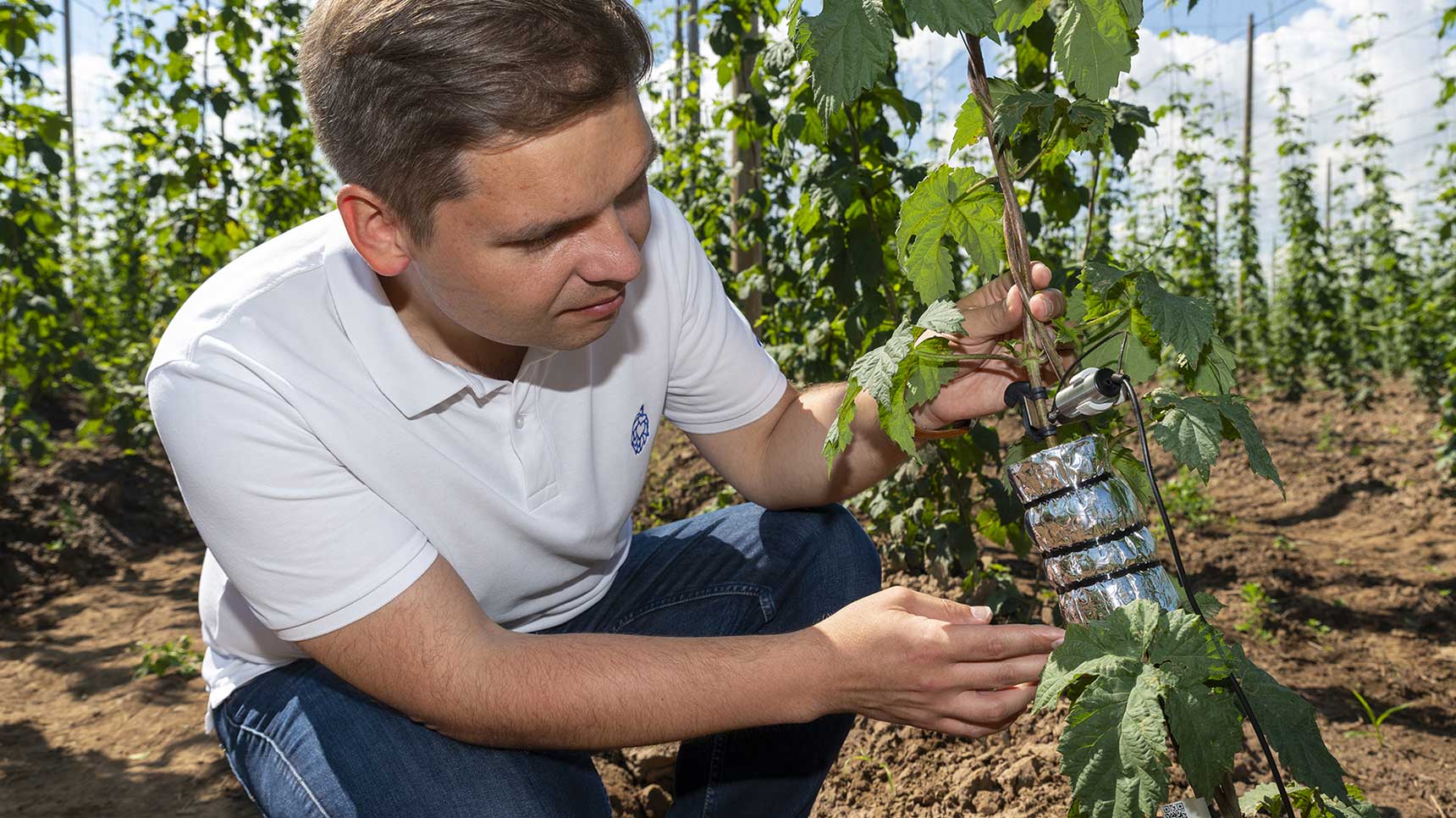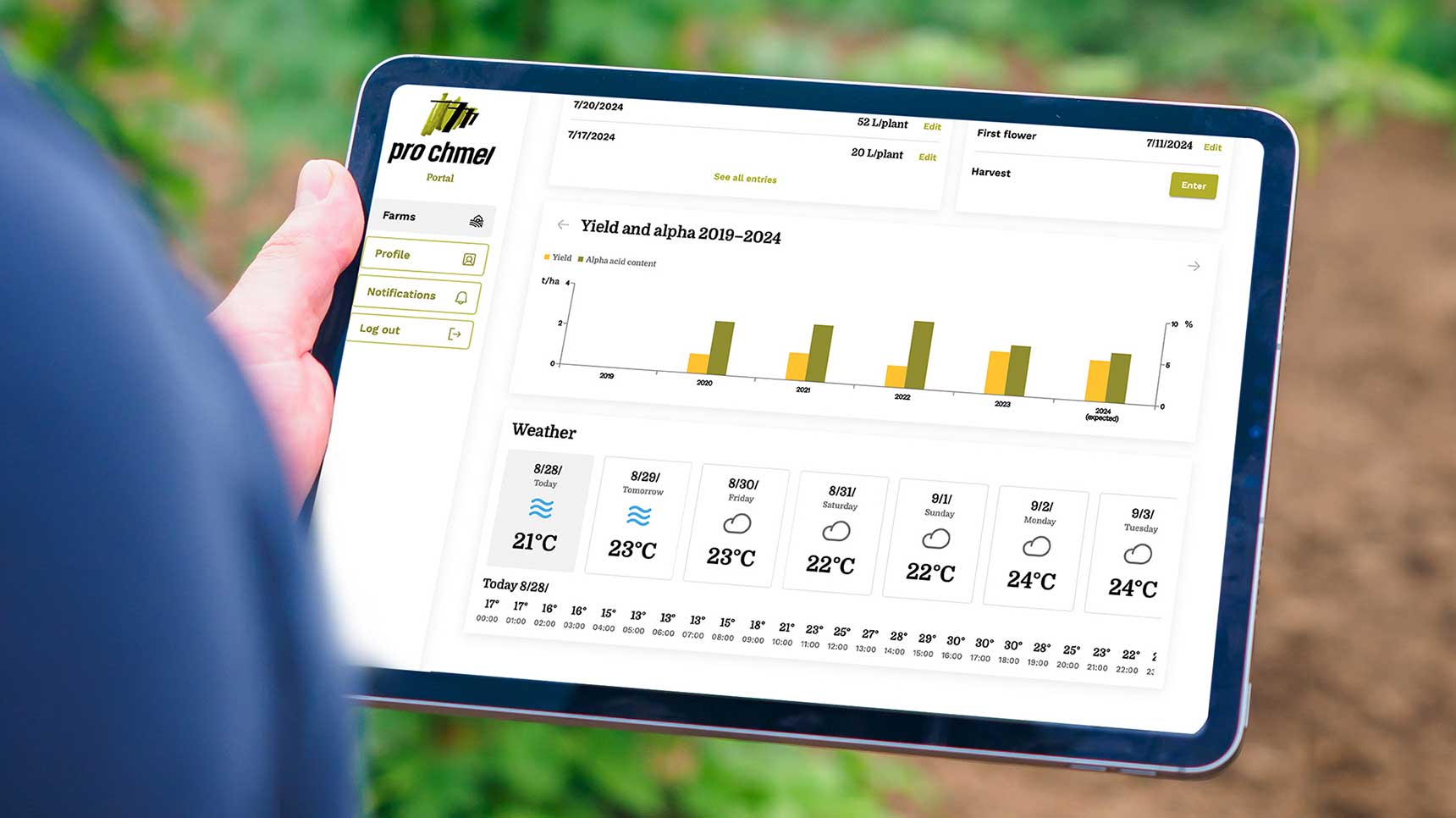We are all aware of climate change, but its effects often go unnoticed until they hit home. Take beer for instance, a beverage beloved by many is now facing a serious threat. The future of beer is in jeopardy due to a crucial ingredient: hops.
These bitter, aromatic cones have been the backbone of brewing for centuries, but climate change is now putting them and the entire global beer industry at risk. Rising temperatures, erratic rainfall, and diminishing water resources are making it increasingly difficult for hop growers around the world, including traditional regions like the Czech Republic, to maintain the quality and yield of their crops.
The Czech Republic, with its 1,000-year tradition of cultivation, is the world's third-largest producer and exporter of hops. However, as water becomes scarcer, and weather patterns become more unpredictable, Czech hop farmers from the Saaz region are facing challenges like never before.

The Czech Republic has a hop-growing tradition of more than 1,000 years and is currently growing about 6,000 tons of hops annually.
Recognising the urgency of the situation, Asahi Group, one of the world’s largest beverage companies, launched the For Hops project in 2021. This innovative initiative, led by Plzeňský Prazdroj of the Asahi Group, brings together expertise from Asahi, Microsoft, agritech company TensoAI, software developers from Ackee and the Hop Growers Union of the Czech Republic.
The goal is to develop decision support system for optimised irrigation through data analysis, artificial intelligence and cutting-edge technology that can help hop growers in the Saaz region, home to the prized Saaz hops, cope with the challenges of climate change. Saaz hops are one of the four "noble hop" varieties, prized for their delicate flavour and aromatic qualities. They form the backbone of the Czech brewing industry and are the country's most widely cultivated hop variety.
"For Hops is aligned perfectly with Asahi's philosophy," says Ivan Tučník, sustainability & integrated projects lead at Plzeňský Prazdroj, who has been instrumental in driving the initiative. "We recognised that the Czech Republic plays a crucial role in our industry. With up to 80 per cent of Czech hops exported globally, we needed to ensure the sustainability of this vital crop."

Ivan Tučník, sustainability & integrated projects lead at Plzeňský Prazdroj of the Asahi Group, demonstrates the sap flow and stem diameter sensors that monitor stress levels in hop plants.
Tučník initiated the project by engaging with Microsoft, exploring how technology could be leveraged to address the growing volatility in hop production caused by climate change. "The collaboration was not just about safeguarding Asahi's supply chain but also about contributing to the global sustainability goals and mitigating long-term business risks," he explains.
The For Hops project has already made significant strides, helping some of the pilot farmers achieve up to 40 per cent higher yield last year alone after deploying weather stations and soil sensors, among other technologies, resulting in adjusted irrigation patterns. The initiative now provides farmers with a mobile phone application that tells them exactly when, where and how much water they should use.

The mobile app developed as part of the For Hops project provides Czech farmers with real time data and insights about their hop's irrigation requirements.
With further activities exploring soil regeneration and other sustainable practices, the initiative not only safeguards the future of hop production but also explores how technology can be harnessed to address pressing environmental concerns.
*Based on test data from one FOR HOPS partner farm in 2023
Tučník emphasises the importance of creating an ecosystem where diverse stakeholders collaborate to find solutions. "Farmers have been working with hops for generations, relying on experience, gut feelings and learned behaviours,” he says. “The For Hops project gives them the additional boost by introducing precision agriculture, a concept previously unavailable for niche crops like hops."
Asahi's investment in this project is a commitment to the long-term sustainability of the brewing industry and a demonstration of how innovation and collaboration can create solutions to global challenges.
The For Hops project represents a blueprint for the future of sustainable agriculture. Asahi envisions that the strategies developed through this initiative could be adapted to other geographies and crops, equipping farmers around the globe with the tools to become more resilient in the face of climate change.
Find out more about Asahi’s sustainability initiatives
LEARN MORE





